Donald Trump’s return to the Oval Office for his second term has reignited his trademark approach to global trade—using tariffs both as a protective shield for American domestic manufacturing and as a weapon for diplomatic pressure. However, the way he has single-handedly used tariffs to threaten and pressure countries has been diplomatically one of the most concerning developments in recent years.
His latest move was the announcement of a sweeping 25 per cent tariff targeting Indian exports effective August 1—marking more than just a standard trade measure. Voicing his displeasure with India’s dealings with Russia, there was “an additional penalty” of 25 per cent announced, signalling that the Trump administration sees the world in stark “us vs them” terms.
In this context, many analysts have suggested that while Trump seems increasingly hostile toward New Delhi, he is drawing close to Pakistan with announcements of “joint oil exploration” projects in the neighbourhood. This shift begs the question: is Washington attempting to recalibrate its regional strategy to counterbalance China’s influence? Or, more provocatively, is the US now looking to align itself more closely with Beijing and Islamabad under the guise of regional engagement?
Is Washington creating a balance against China—or cosying up to it?
Contrary to the widely argued narrative that the United States is leveraging Pakistan to create a counterbalance with China, the Trump 2.0 administration has taken a notably softer and more conciliatory stance toward Beijing. Trump, being the businessman, appears more focused on swift, short-term transactional deals with China rather than pursuing structural reforms to address longstanding trade imbalances. Recent developments bear testament to how the US is keen on extending its current tariff truce with China, underscored by a series of soft diplomatic gestures in recent weeks.
One such move was the lifting of export bans on critical chip design software and technologies to China. In return, both US and Chinese officials confirmed that Beijing would approve export licenses for rare earth elements and vital minerals. This exchange illustrates the quiet but strategic negotiations taking place between the two powers. Reinforcing this détente, Xinhua reported that during a recent phone call with Trump, Chinese President Xi Jinping called for deeper engagement and emphasized that both countries should “enhance dialogue in fields such as diplomacy, economy and trade, military, and law enforcement”.
Quick Reads
View AllWhile Trump 2.0 seems eager to strengthen ties with Beijing, it has shown less restraint with traditional partners such as Taiwan and India. The contrast is starkly uncomfortable. Where negotiations with China are carefully orchestrated behind closed doors, Taiwan finds itself on the receiving end of aggressive economic threats, particularly around semiconductors—the centrepiece of its economy. Yet, Trump appears unfazed about jeopardising key relationships, using tariffs as leverage even against long-standing allies.
India, too, has found itself at the sharp end of this gamble. Despite New Delhi’s strategic importance, Trump has chosen simultaneously to warm up to Beijing and Pakistan while threatening punitive and additional tariffs on India for buying oil from Russia. As Milan Vaishnav noted in a recent Foreign Affairs article, “The second Trump administration is driven not so much by transactionalism as it is by an insatiable desire to burnish its dominance in virtually all its foreign relationships. Its dealings with India have been no exception.”
In his shifting goalposts with India—which range from calling the world’s fastest-growing major economy a “dead economy,” to calling negotiations with India “frustrating,” to rants against India’s friendship with Russia—what is most visible is his silence on the same when it comes to China. Trump’s loudest rants are against trading with India, even though the US has been at the receiving end of China’s malicious trade practices, has the biggest trade deficit with China, and despite the Sino-Russian friendship having “no limits.”
Trump 2.0’s expectations from India
While the United States may believe that India will eventually yield and come to the negotiating table, New Delhi sees through this “delusion”. The idea that a lunch meeting with Pakistan’s army chief or symbolic brotherhood can effectively project American alignment with Islamabad—both diplomatically and militarily—is a miscalculation rooted in outdated geopolitical thinking. This approach stems from an American mindset that still operates under the assumption of a bipolar world order, where tactical manoeuvring by Washington will compel other nations to fall in line.
India, however, remembers history well. This is not 1971, when US President Richard Nixon and National Security Adviser Henry Kissinger enabled Pakistan to receive support from countries like Jordan out of fear that an Indian offensive could dismantle Pakistan. At that time, the US, Pakistan, and China were essentially on the same side against India. Washington’s current strategy seems eerily similar, as if it still sees India as a Soviet proxy and Pakistan as a responsible ally.
Such delusions risk undoing everything Washington has worked to build in the Indo-Pacific region—efforts forged not just by the US but in close cooperation with India, Japan, Australia, and other regional partners. If Trump 1.0 was erratic, Trump 2.0 appears even more destabilising, especially if these strategic alignments are pursued at the cost of trust with key partners.
From India’s point of view, the world is no longer bipolar. New Delhi has options that extend well beyond Washington. While India is open to negotiations and remains cautiously optimistic about the possibility of a mutually beneficial trade deal, it has made it clear that it will not enter talks under pressure and threats. For the United States, it should be noted that capturing adversaries at the expense of partners will neither bring immediate gains nor serve as a long-term counter to China. If anything, China will only emerge as the hegemon much sooner than later—which does not make America great again.
Sriparna Pathak is Associate Professor, Chinese Studies and International Relations, Jindal School of International Affairs, OP Jindal Global University, Haryana. Upamanyu Basu is an Assistant Professor of Politics and International Relations in Manav Rachna International Institute of Research and Studies, Haryana. The views expressed in the above piece are personal and solely those of the authors. They do not necessarily reflect Firstpost’s views.


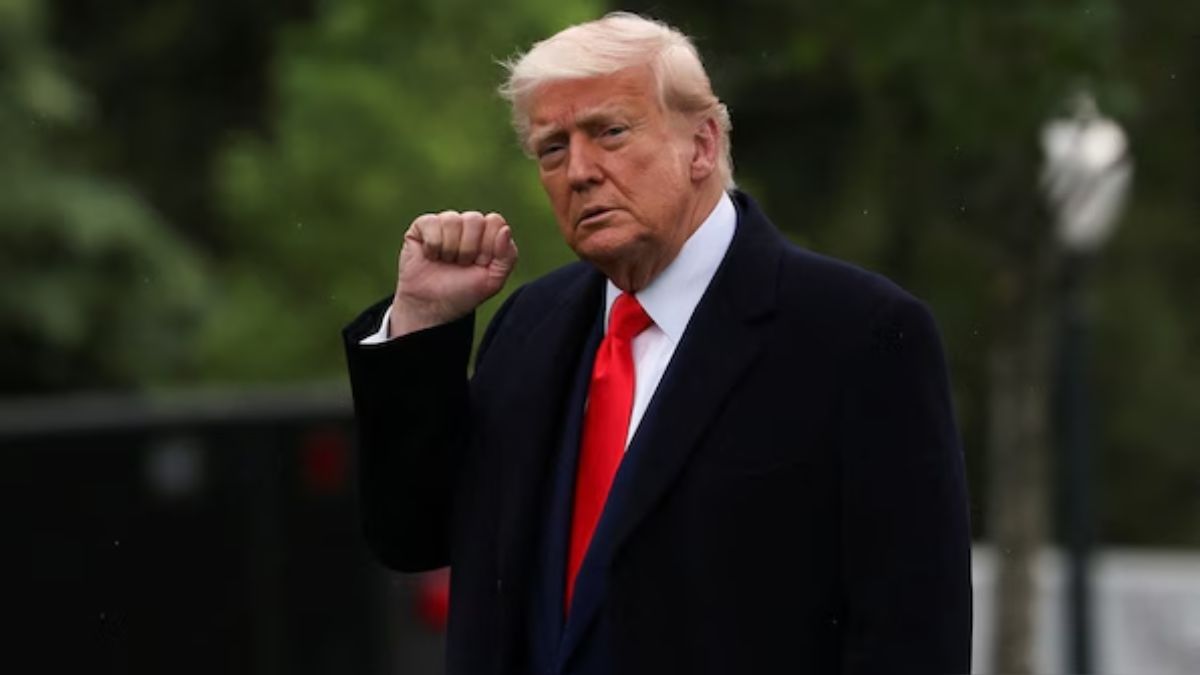)

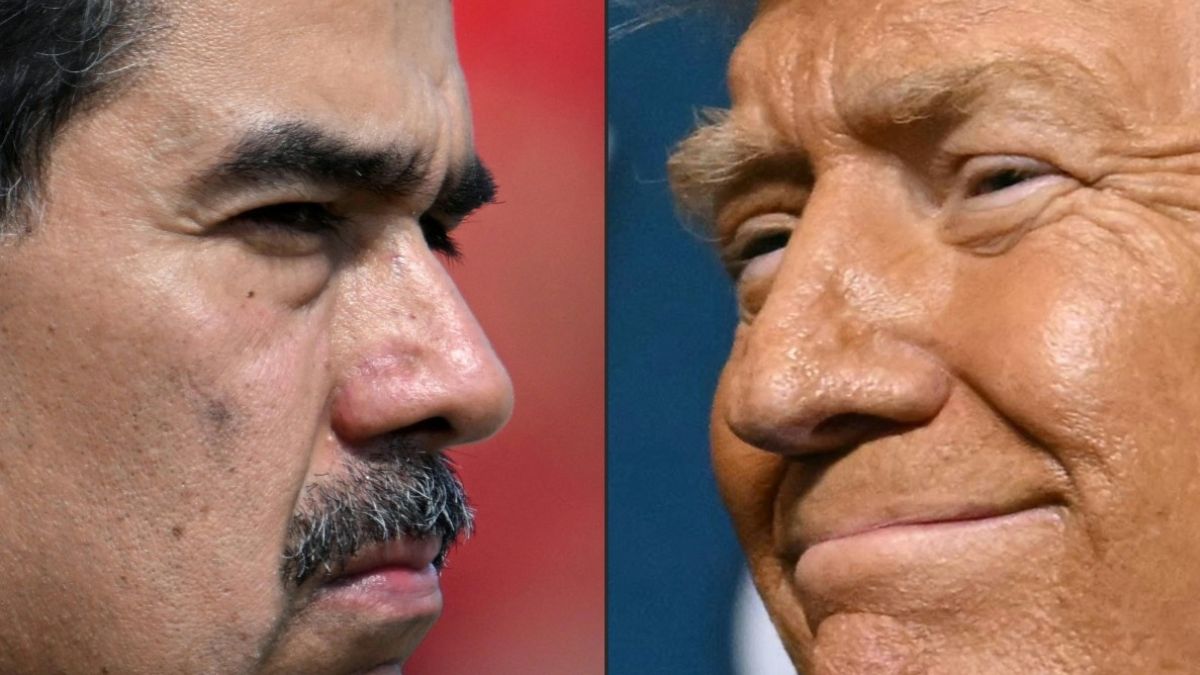)
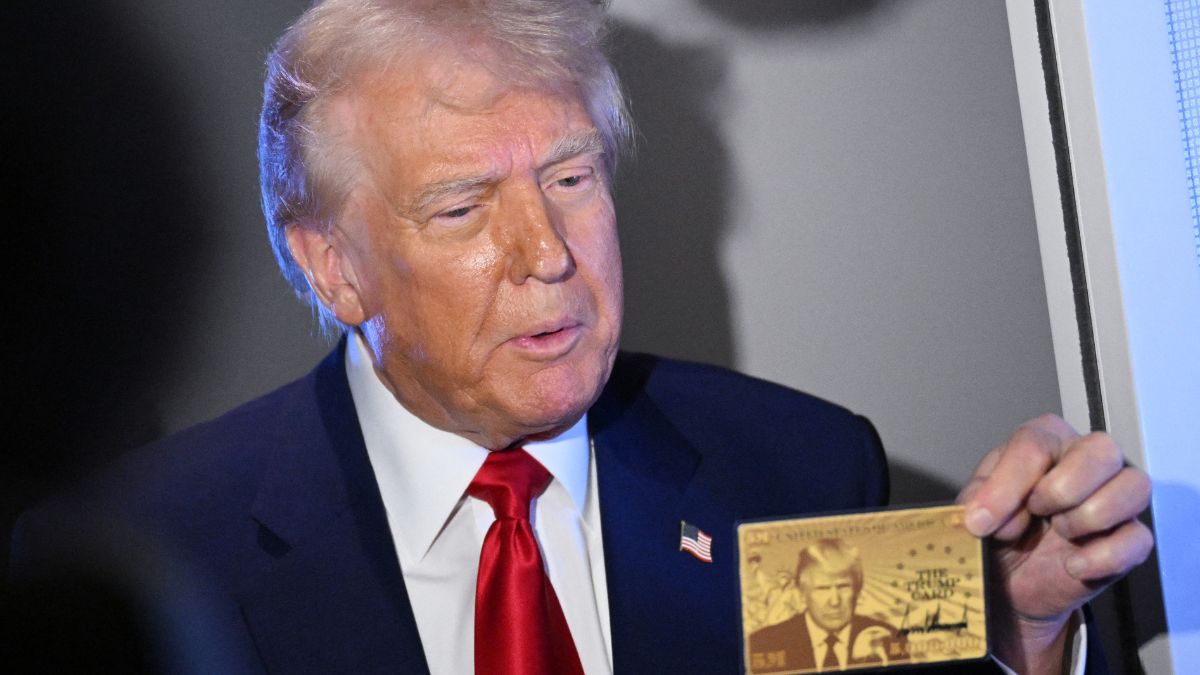)
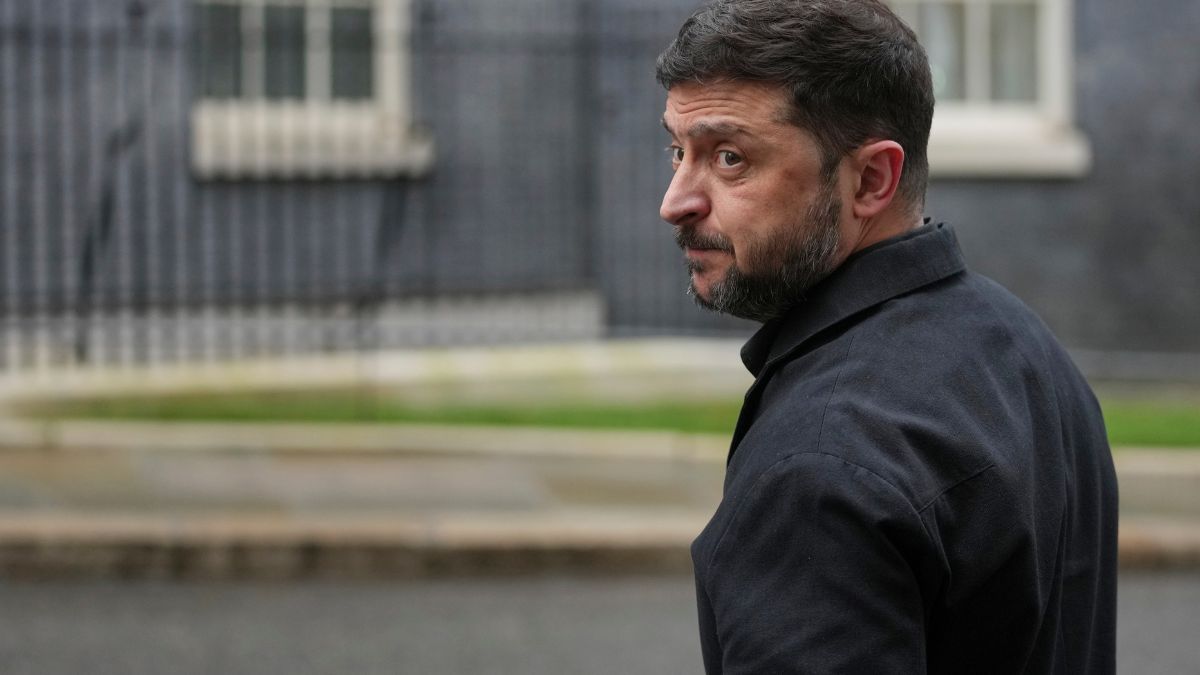)
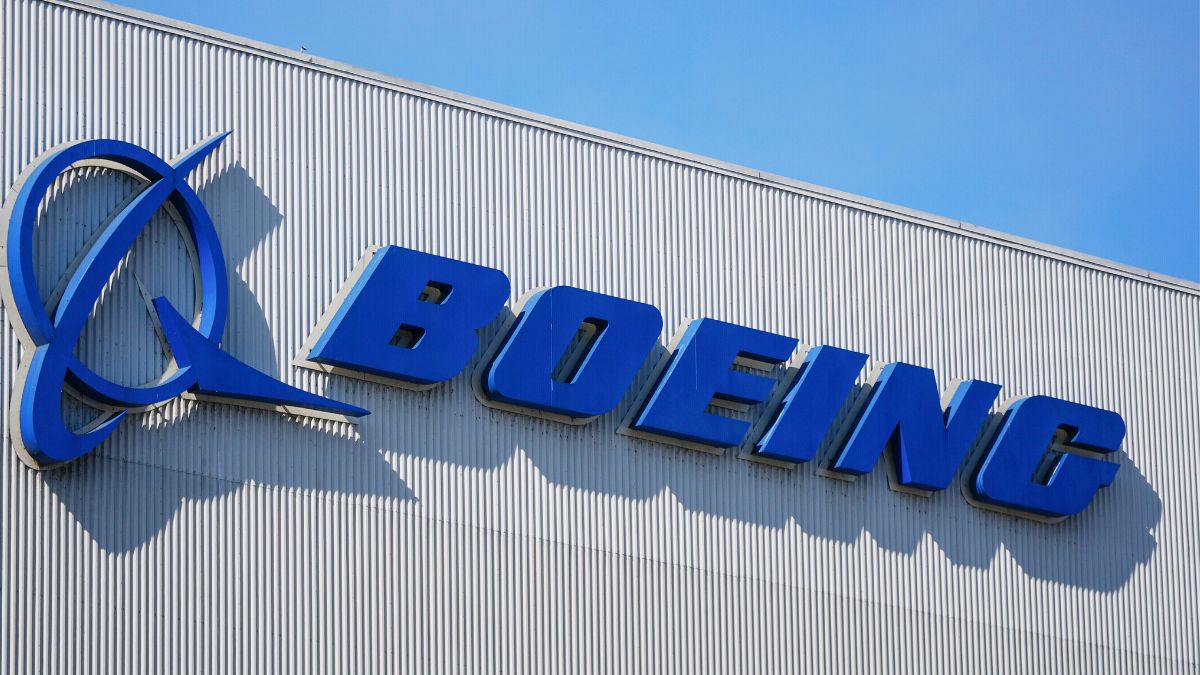)
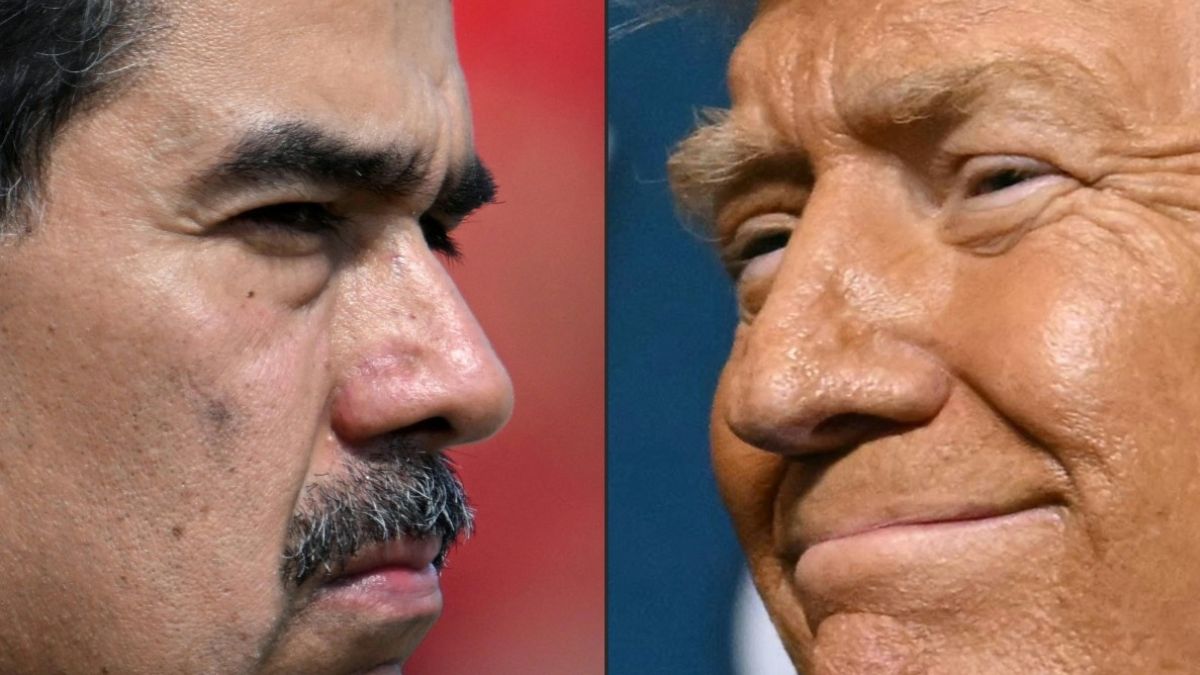)
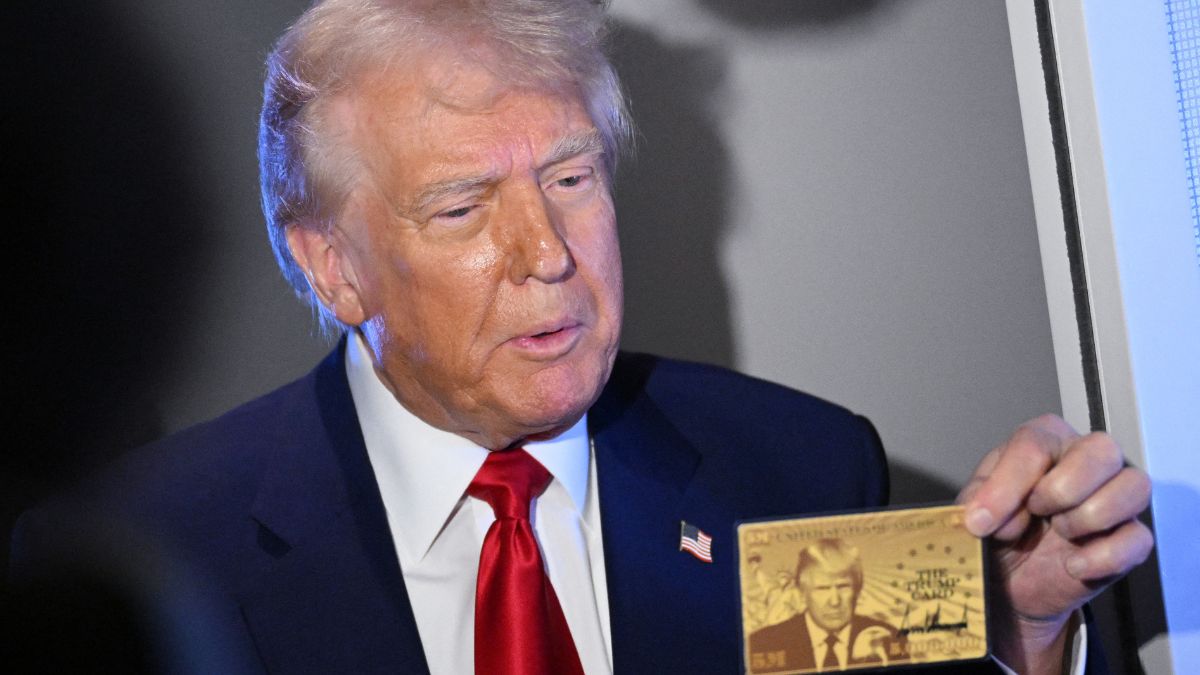)
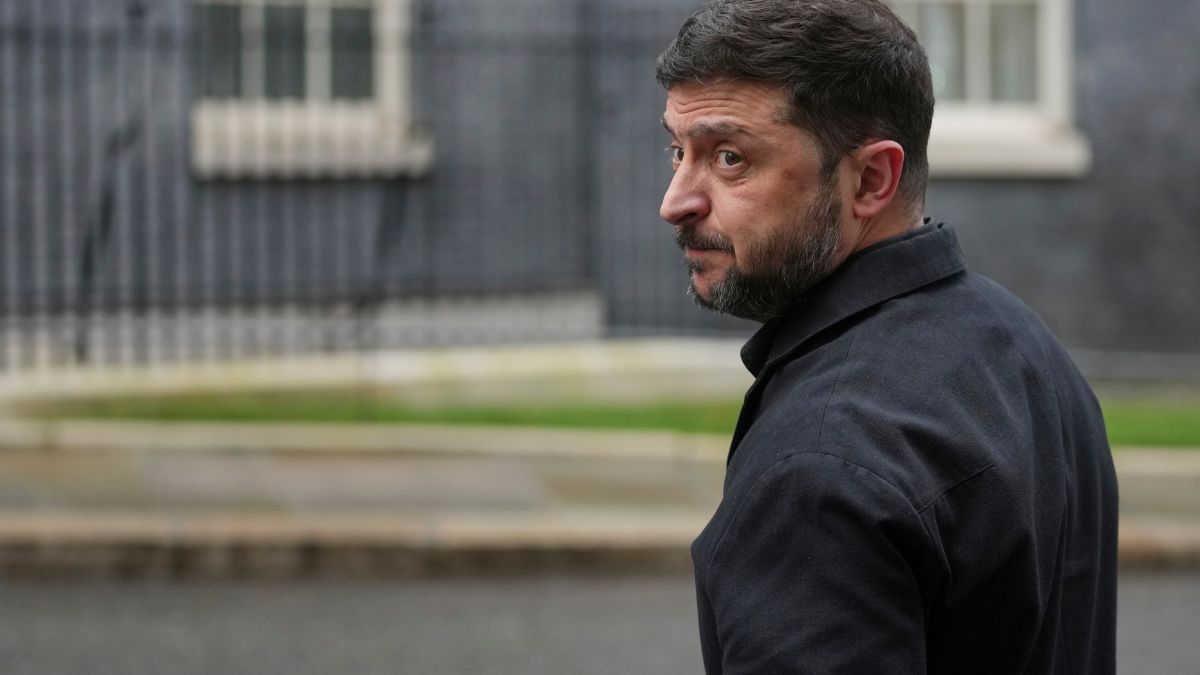)
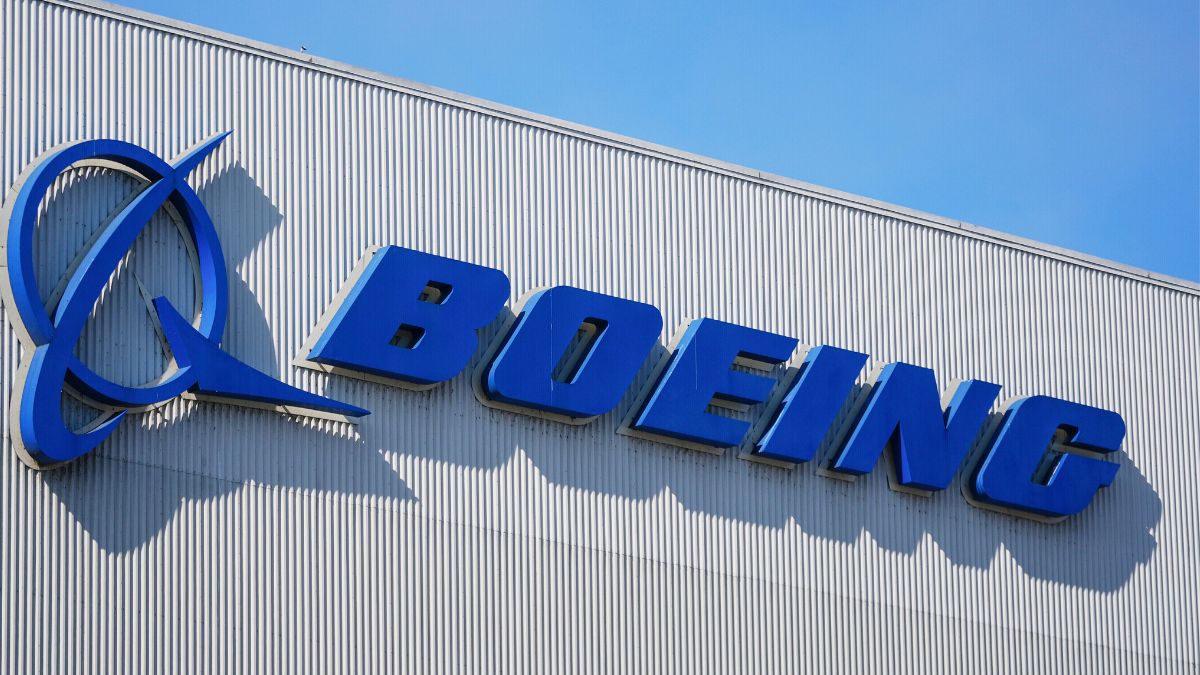)



